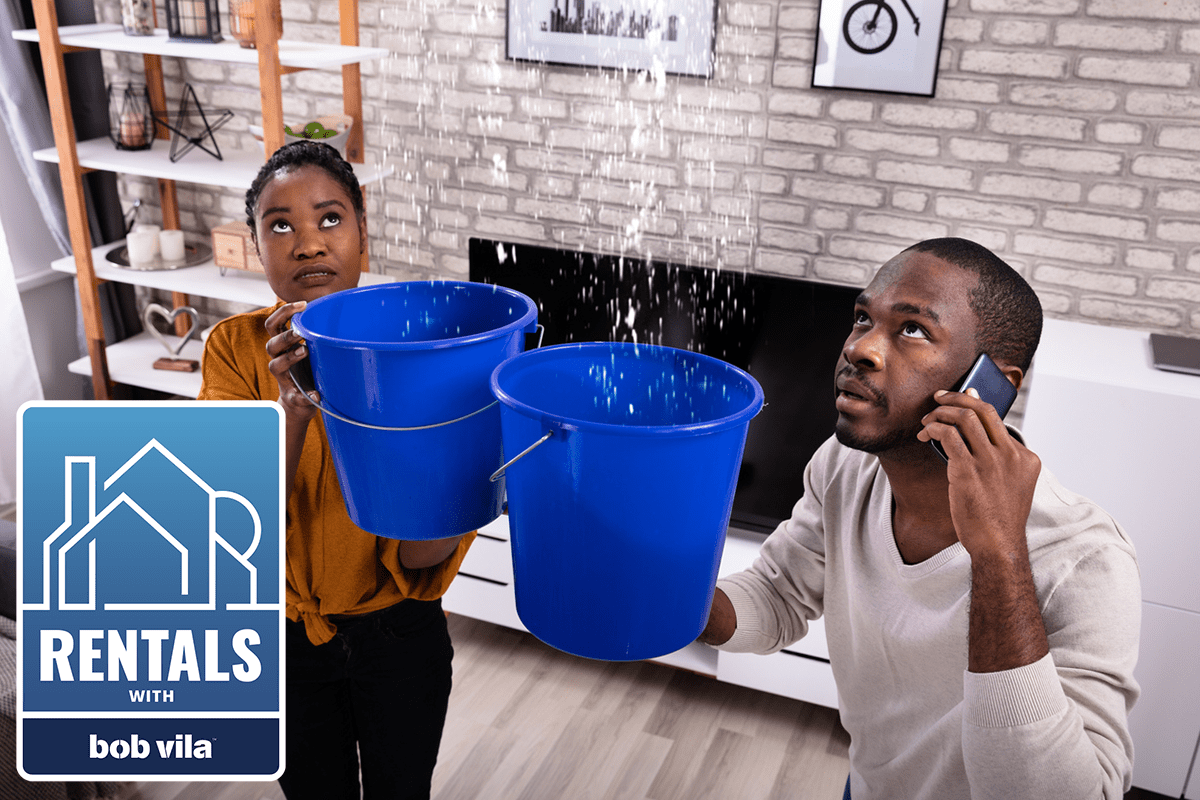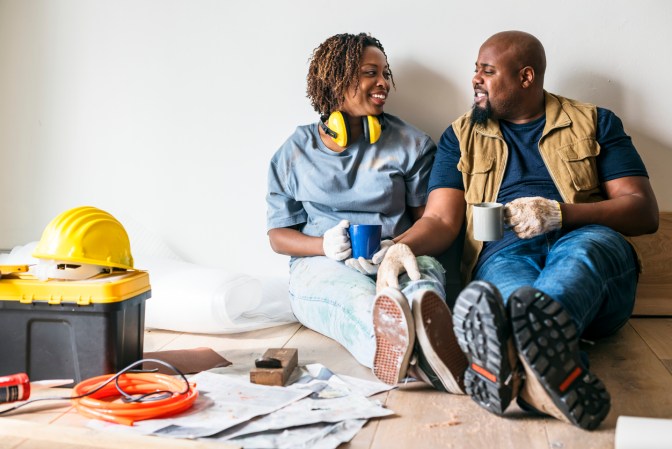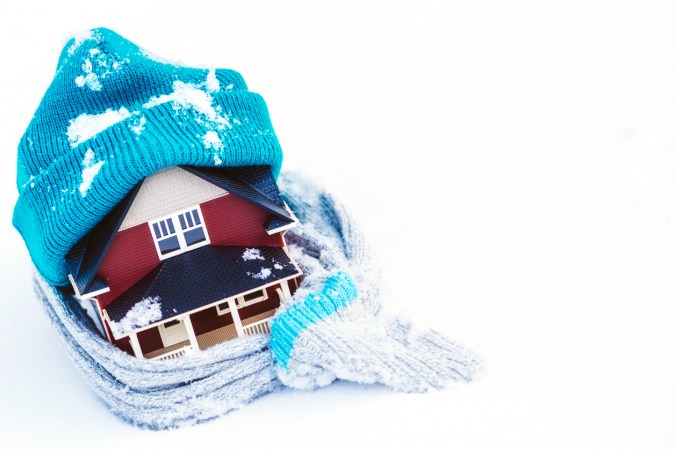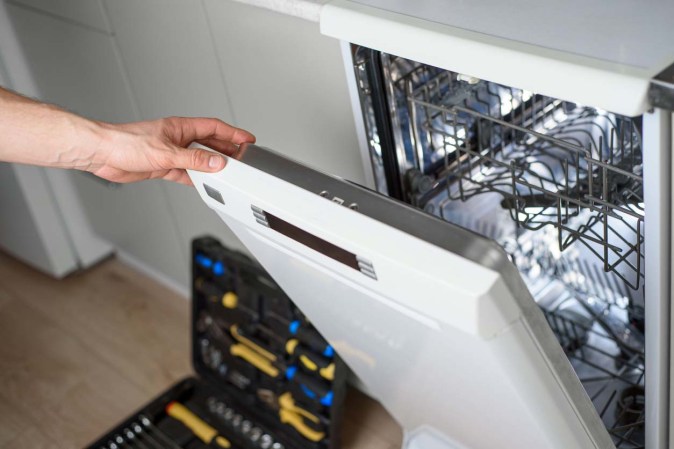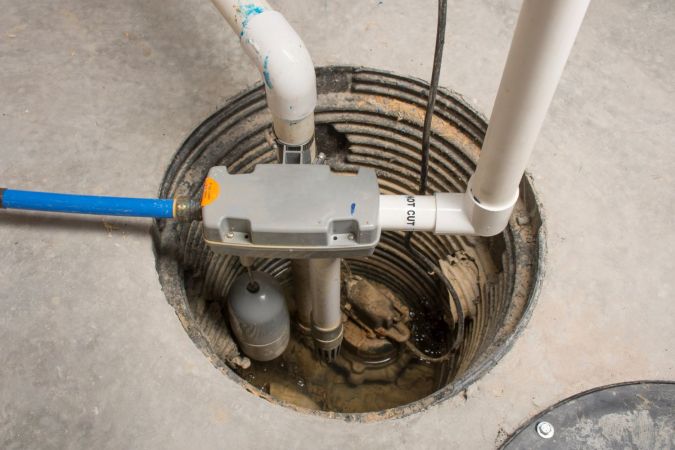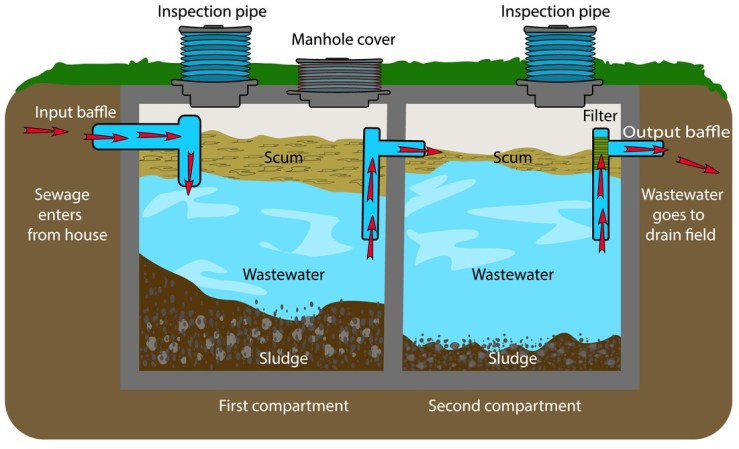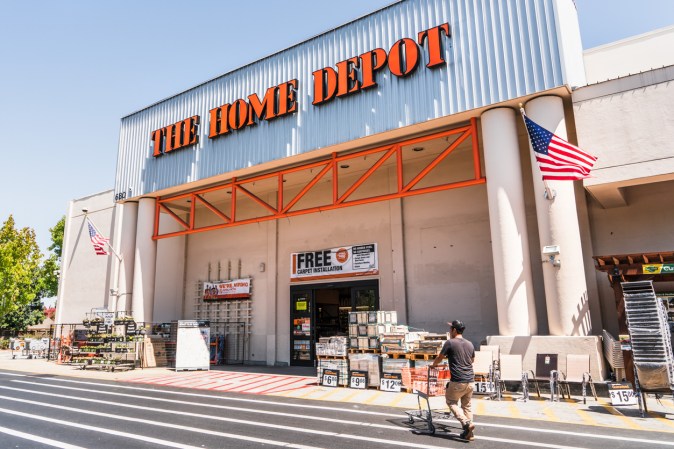We may earn revenue from the products available on this page and participate in affiliate programs. Learn More ›
Welcome to The State of Rentals with Bob Vila, a series dedicated to showing both landlords and tenants the crucial steps in finding the right property, potential challenges with renting, precautions to protect your interests, and ideas for making the most of your next move. We’ve included current market trends mixed with Bob’s tried-and-true advice, our vetted shopping guides, and the behind-the-scenes tips you need to make your rental a home.
A major plus of renting is relying on the property owner when it comes to necessary maintenance or repairs. However, there’s a big difference between a personal assistant and a landlord. Sometimes a problem can wait and other times it’s important to call the landlord right away. Understanding the dos and don’ts of when to call for assistance can be confusing. This guide can help tenants decide what to take on solo and when to call the landlord.
RELATED: Renters: When to Accept an Oral Agreement and When to Insist on a Written Contract
DO call the landlord if there is (even a minor) leak.
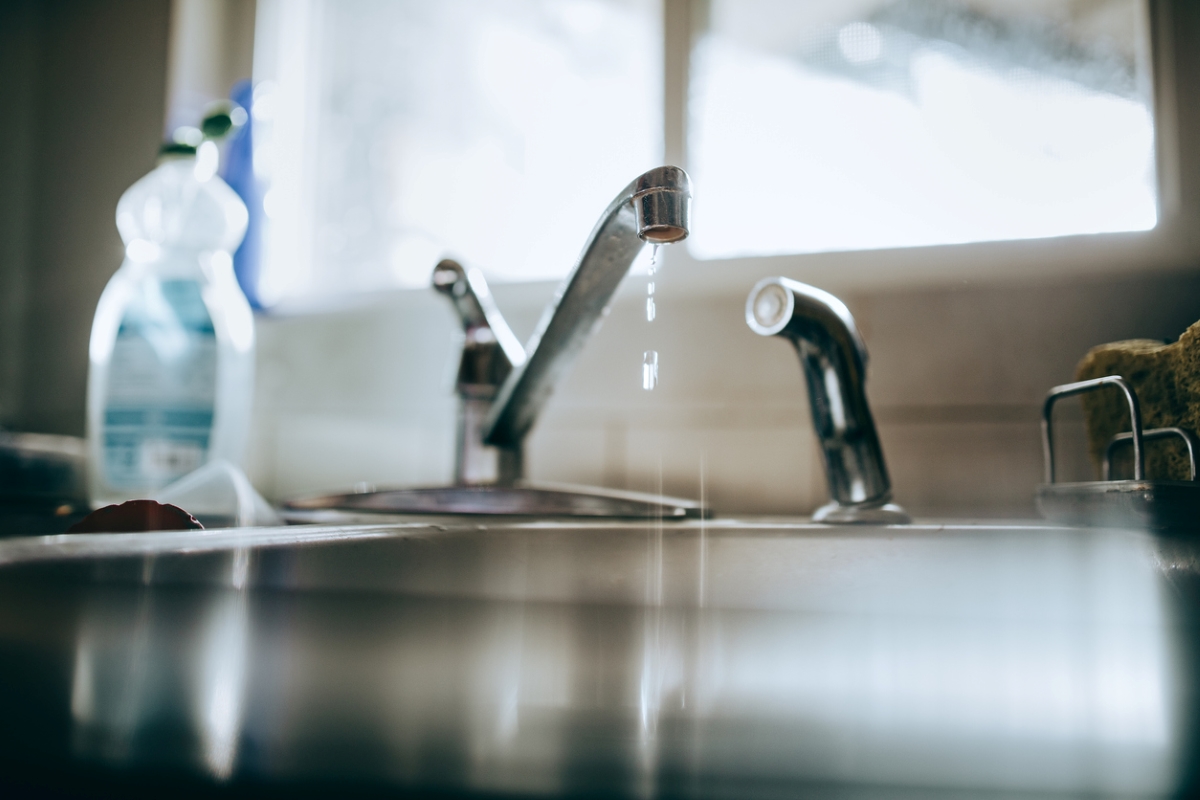
“Water is the worst problem because it can do the most damage in the shortest time,” says Ben Illig, owner and maintenance manager of Illig Properties in Pennsylvania. “It is frustrating to get a call on Friday evening about a faucet that has been leaking since Tuesday,” he says. For instance, Illig says, “Maybe a water heater was leaving a small puddle for a while, and then one day it bursts open and floods the apartment. Had we known about the small leak, we could have changed the water heater.”
A minor fix now might save more harm and headaches later for both tenant and landlord. “To minimize damage, it may be as simple as turning off a valve, but the tenant may not know how to do that or have access to the valve,” Illig says.
DON’T wait until a storm is coming to report a leak or structural issue.
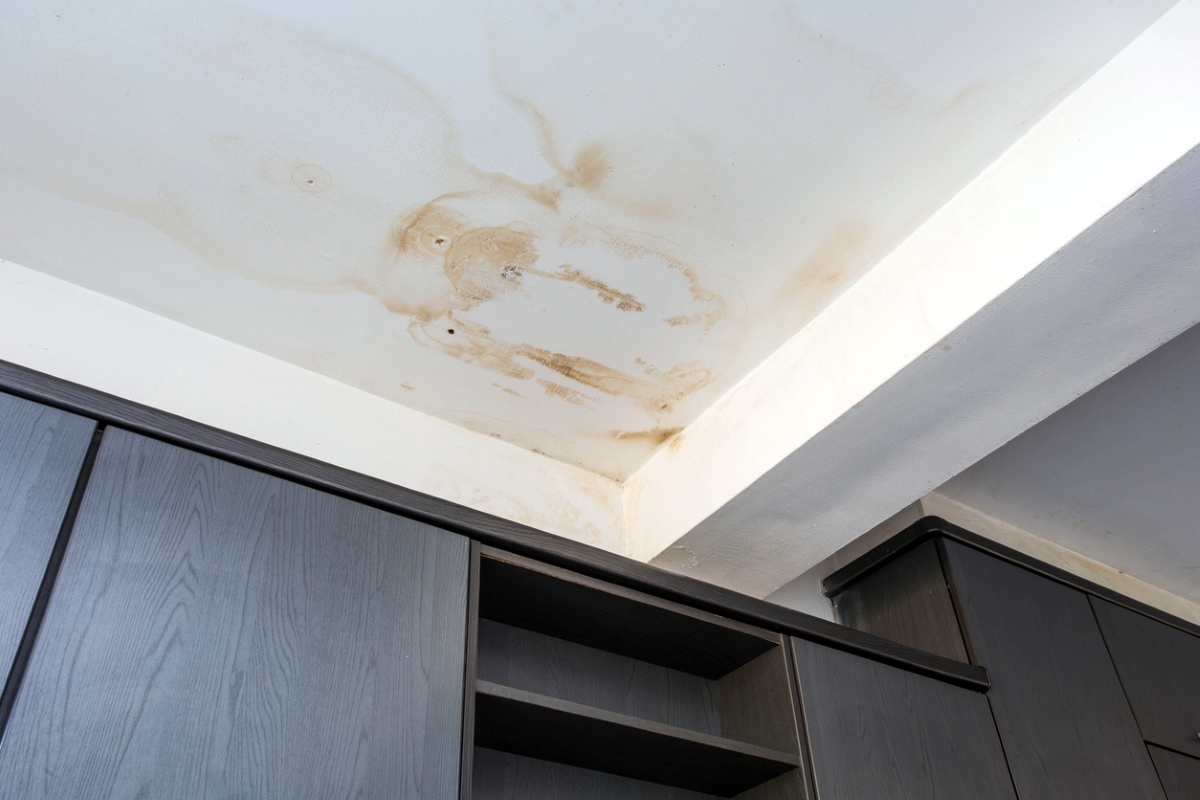
Tenants wondering whether the water mark on the ceiling is a concern shouldn’t wait to see if the rain will come through the roof. “We may find out about the leak right before winter or during a several-day storm when there is not much we can do but wait it out.” Illig adds, “If we had known about it earlier, we could have fixed it when the weather was nice.” In general, it’s always a good idea to resolve water stains and other signs of potential structural problems as soon as possible.
RELATED: Solved! What Are the Signs of Water Damage in Walls, and What Should I Do About Them?
DO call the landlord if an appliance stops working.
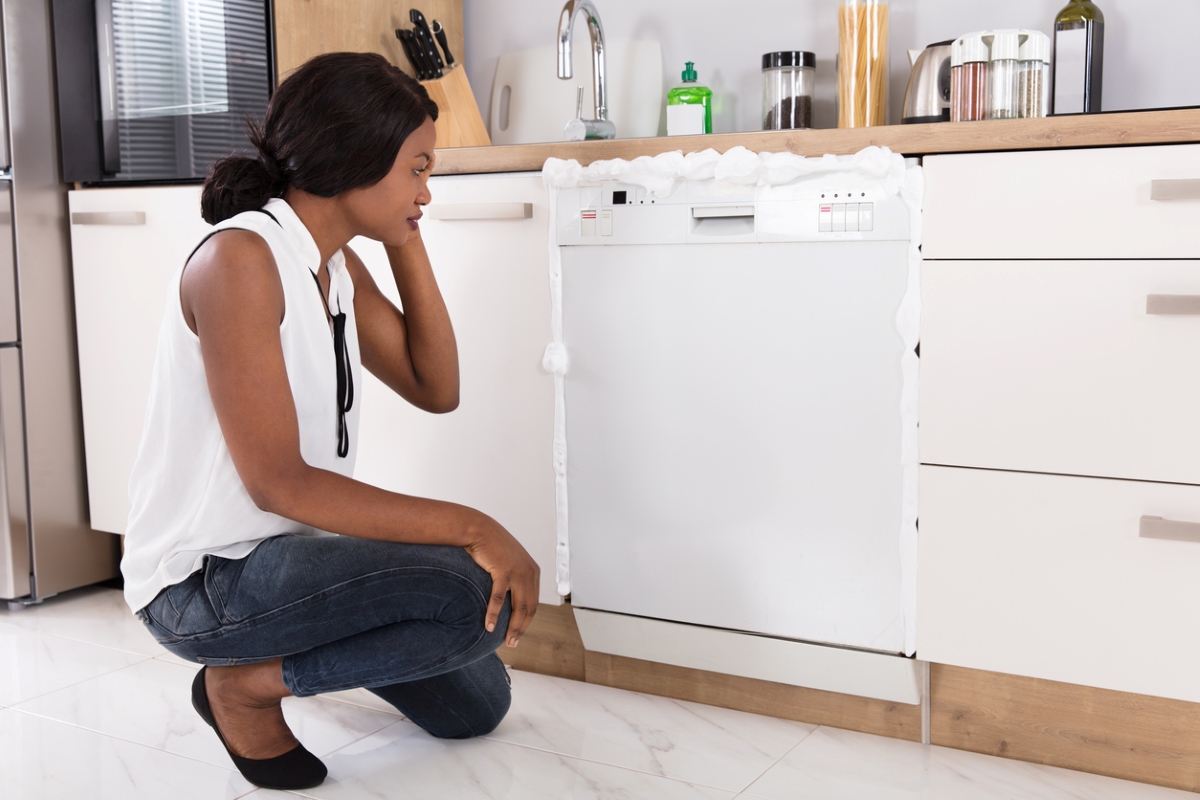
It’s reasonable to call the landlord if the refrigerator or stove stops working. Tenants can expect that the appliances provided upon the commencement of the lease continue to function properly.
RELATED: These Are the Most Common Appliance Repairs
DON’T call them to change a lightbulb or batteries.
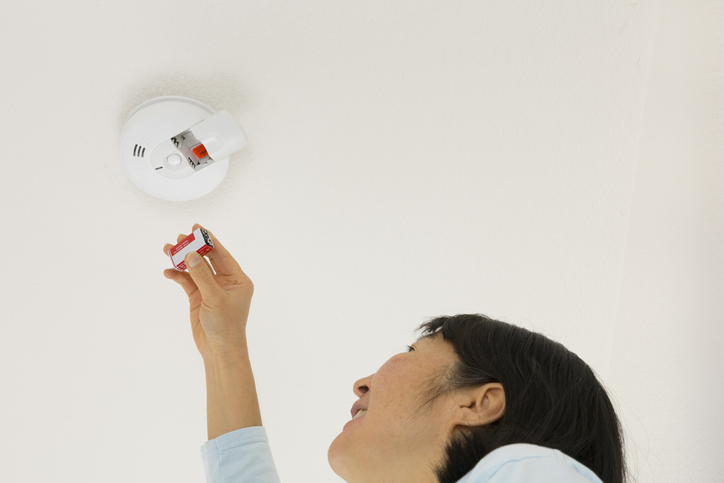
When the lights go out, it’s most likely because a lightbulb needs to be changed. A minor fix like this should be left up to the renter unless the soffit requires a tall ladder to reach it. “Tenants should be able to do basic things like lightbulbs and batteries,” says Illig.
RELATED: Solved! Why Is My Smoke Detector Beeping?
DO call the landlord if the toilet continually runs.
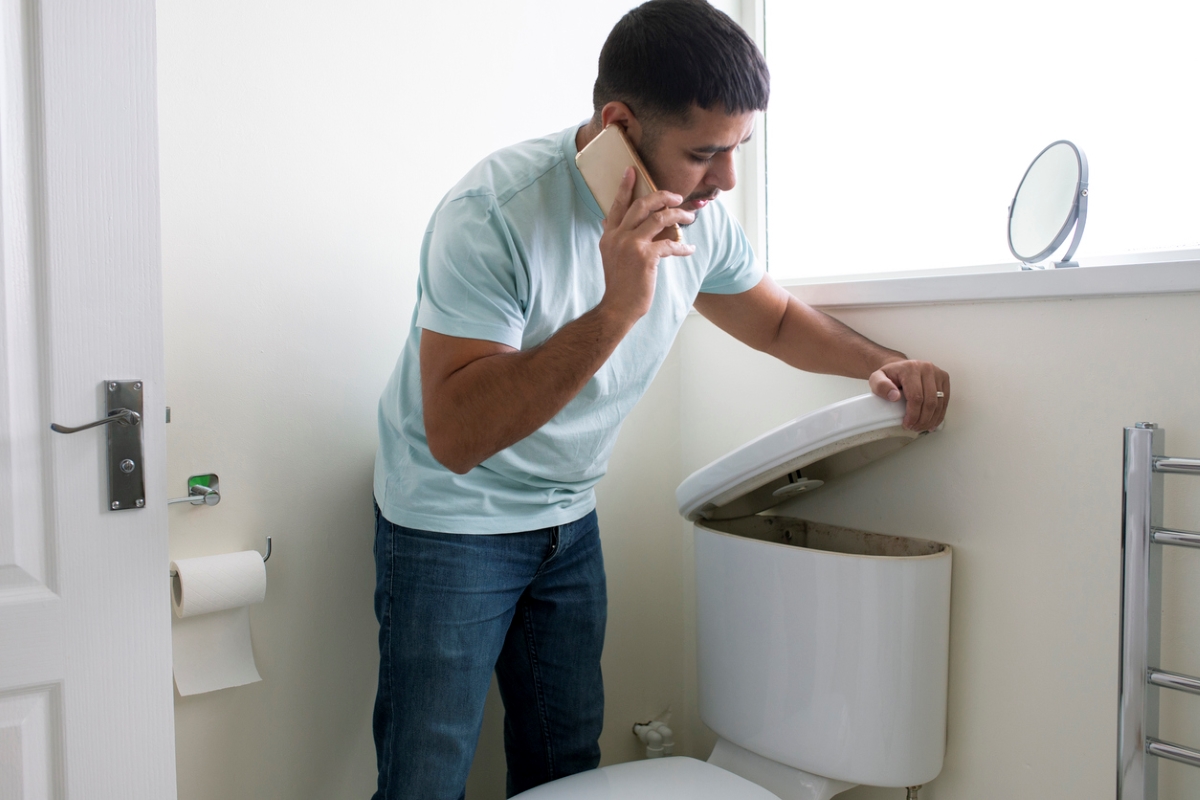
If renters are irritated by the toilet running continuously, they shouldn’t just live with it. Their landlord will likely want to hear about it. Not only does it waste water, it can increase the monthly utility bill. Don’t try to DIY the job since it might require troubleshooting from someone familiar with plumbing parts.
RELATED: Solved! What to Do When the Toilet Won’t Flush
DON’T call them to plunge the toilet.
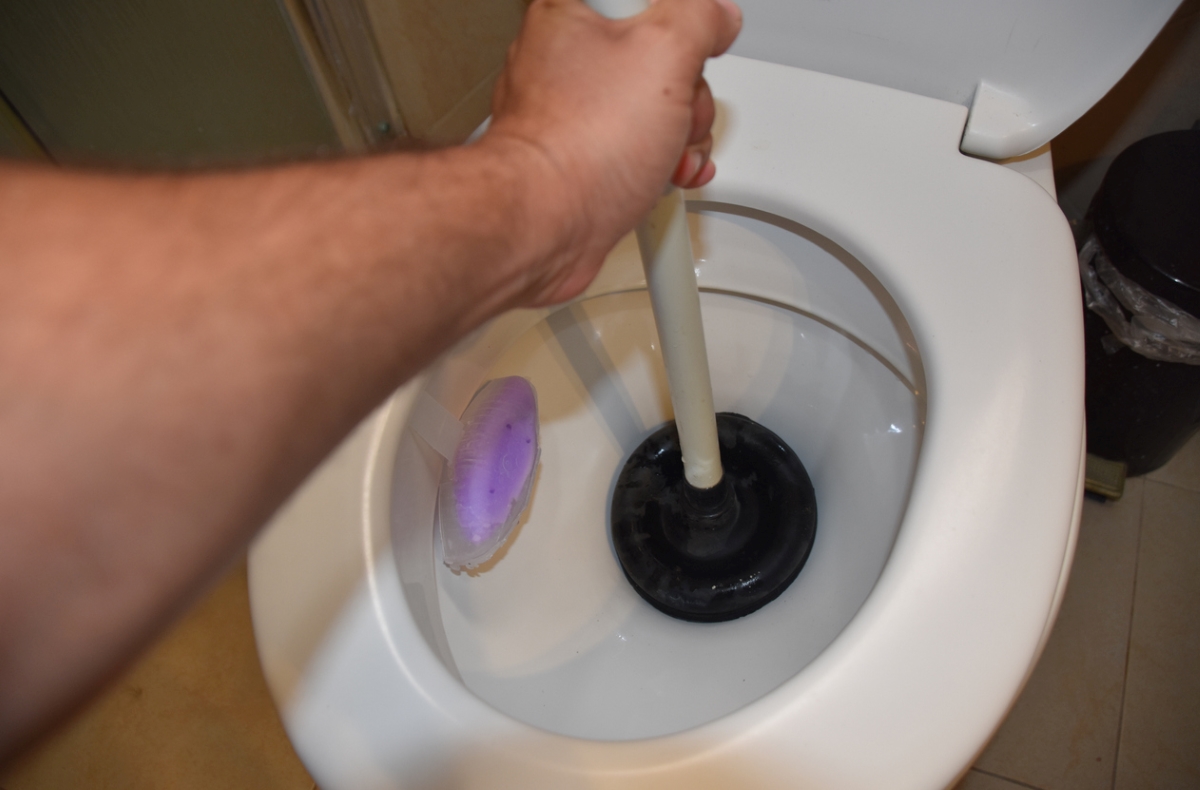
It might be unpleasant to deal with a clogged toilet, but this isn’t a reason to call the landlord. Illig says he expects tenants to buy a plunger and be ready to take care of basic toilet clogs. If the toilet won’t unclog or it begins to overflow, it might be time to ask for assistance.
RELATED: Solved! What to Do When Your Toilet Starts Overflowing
DO call the landlord if you’re locked out.
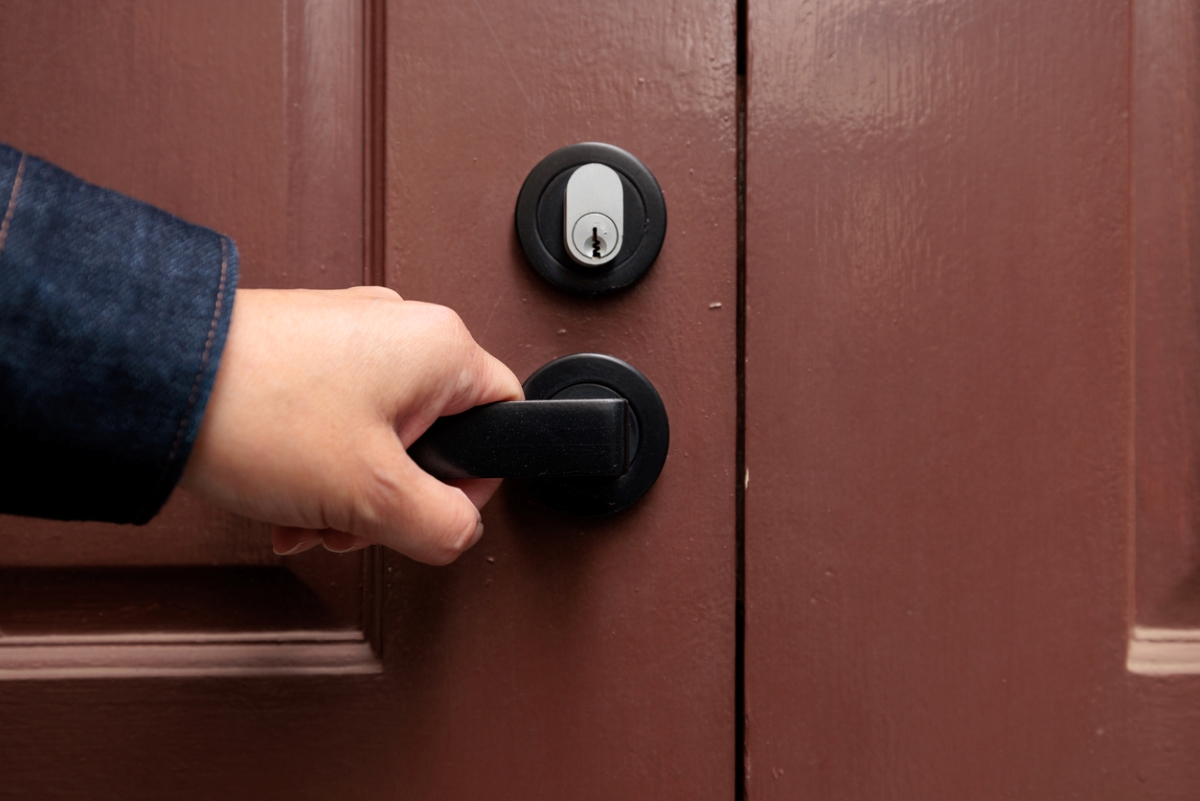
Every renter has locked their keys in the apartment once or twice. “Tenants accidentally locking themselves out is not a big deal, ” says Illig. “We try to get to the property as quickly as possible to let them back in.” He says he’s never had an issue with it becoming a habit. Of course, not all landlords will be as patient or prompt.
RELATED: 10 Brilliant Ways to Lock a Door Without a Lock
DON’T lose your keys.
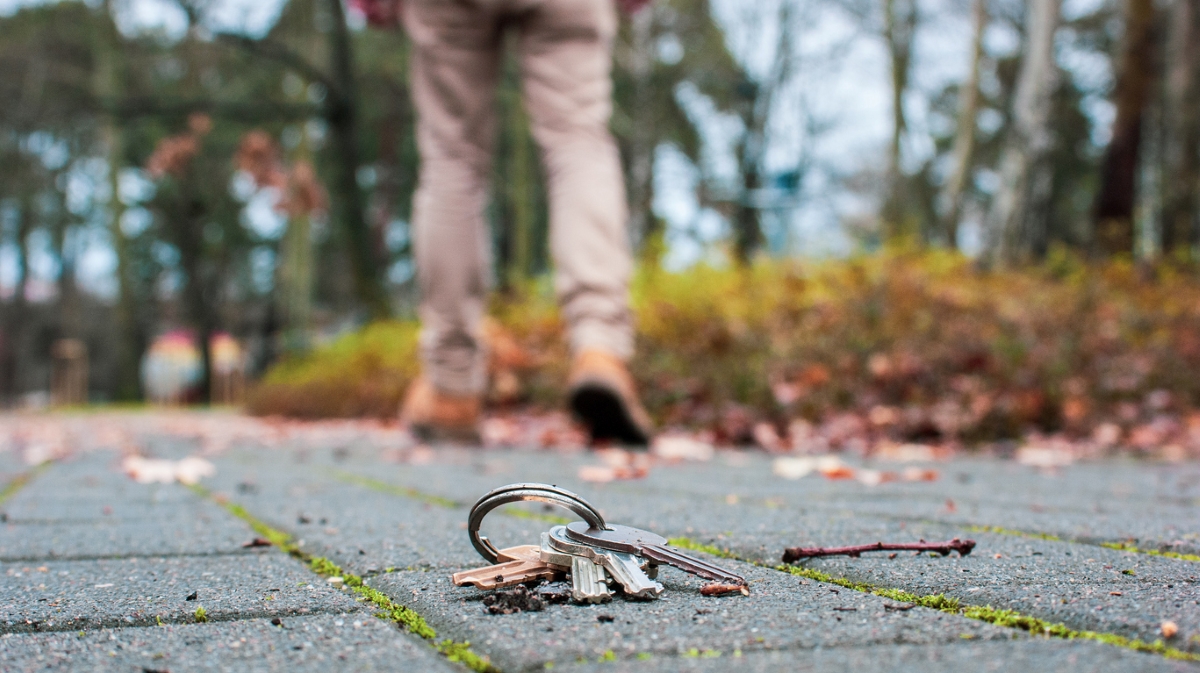
While getting locked out on occasion isn’t a significant nuisance, a tenant losing their keys may be. “It is more difficult if a renter loses their keys because then we have to change the locks,” says Illig. Landlords are often very busy people who get multiple calls a day. Changing the locks will require an immediate fix, so try to avoid it by keeping tabs on that set of keys.
RELATED: 3 Fixes for a Stuck Key
DO call your landlord if the heat isn’t working.
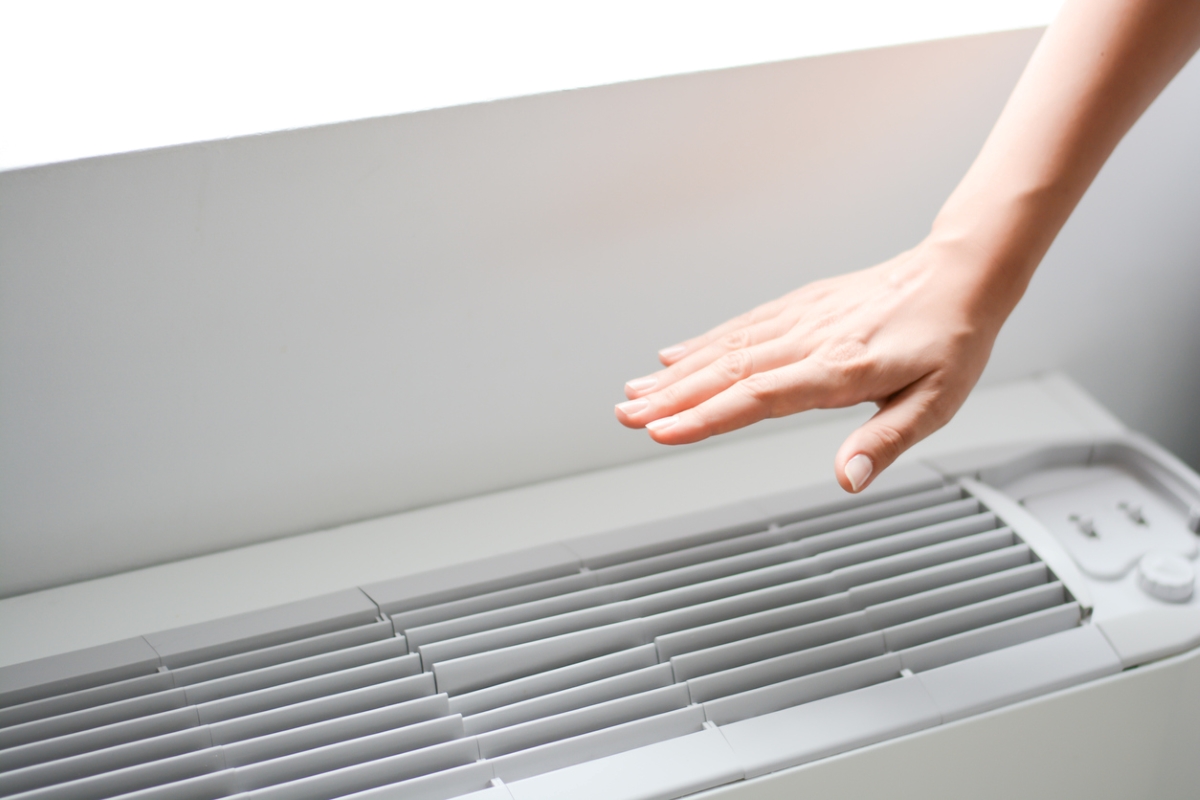
One of the most urgent problems landlords get has to do with heating, according to Illig, who wants to know about this issue right away. “Heating sometimes takes a while to resolve, and a failed heating system could lead to additional problems like broken pipes,” he says.
RELATED: 15 Ways to Stay Warm Without Turning on the Heat
DON’T call your landlord first if there is a medical emergency or fire.
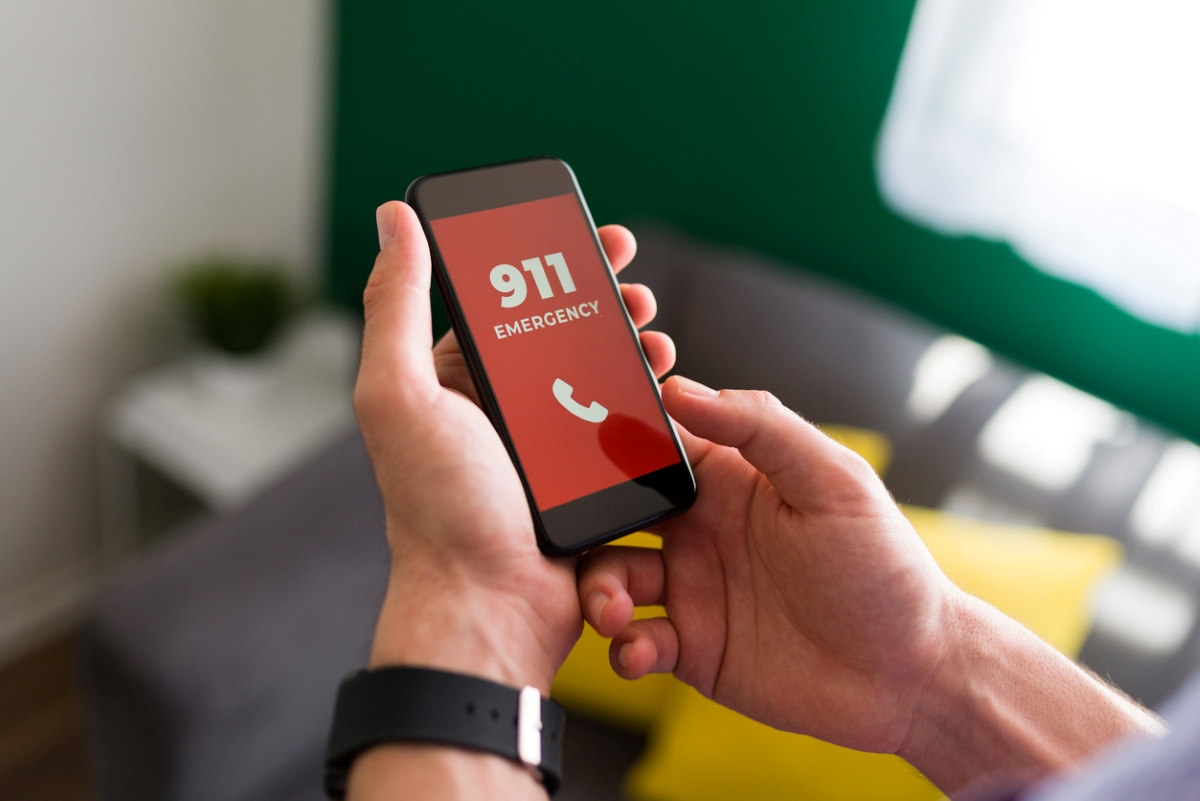
If someone gets injured in the apartment or a fire starts, don’t waste time calling the landlord. “If there is a medical emergency or fire, make sure to call 911,” says Illig. If there’s time after calling emergency services, it’s OK to give the landlord a heads up, especially if they’ll need to help the responders get onto the premises.
RELATED: 5 Simple Ways to Enhance First-Floor Apartment Safety and Security
DO call the landlord if you’re unsure whether the issue is urgent.

Illig says that if tenants are uncertain about a problem, they should call. “It is better for the landlord if the tenant can assess the urgency of the problem,” he says. However, what might seem like a minor repair could be something the landlord wants to take care of immediately. One quick call by an uncertain tenant could save hours later.
RELATED: 10 Reasons You Should Always Get Renters Insurance
DON’T call your landlord at midnight for a nonurgent issue.
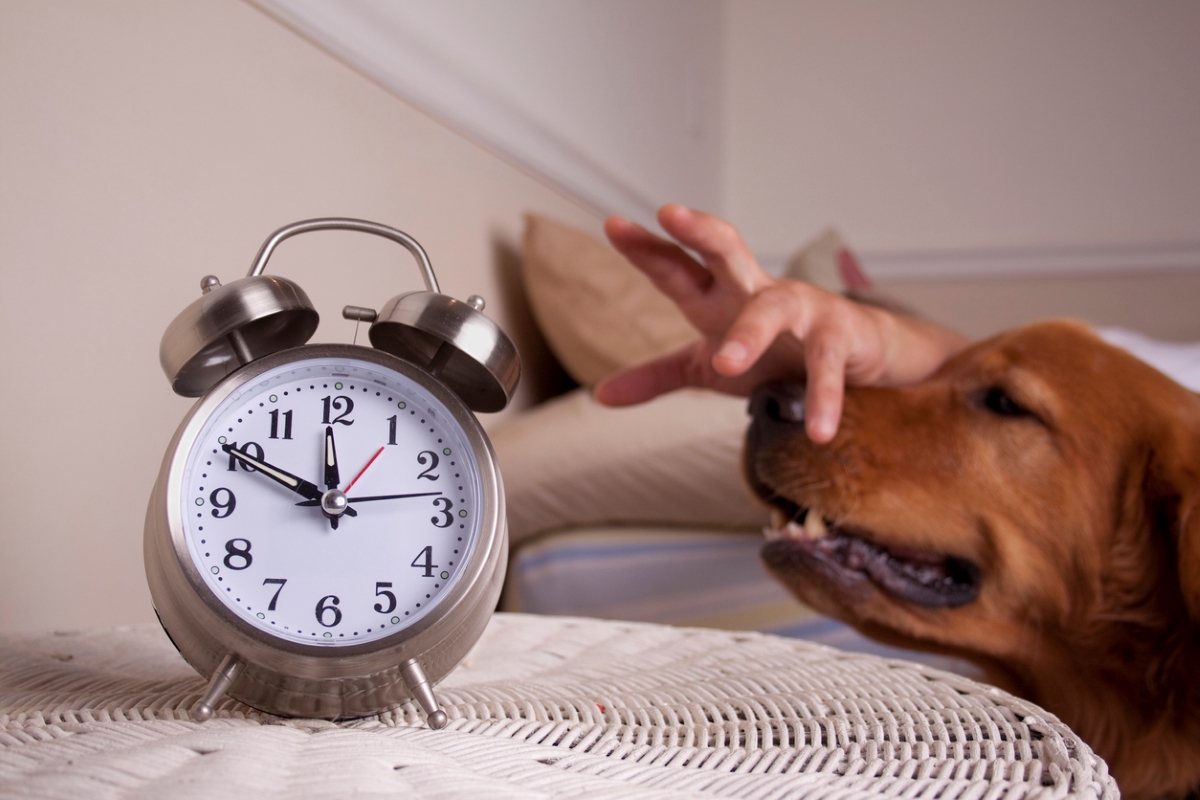
Some fixes can wait a little longer. “There are some things tenants can notify us about during work hours,” says Illig. For example, maybe a receptacle doesn’t work, doors need adjusting, or there are broken cabinet drawers. “These are problems that do not majorly affect day-to-day living and will not cause additional damage if not fixed immediately,” he says, adding that other issues that are important but not immediately urgent are an appliance dying, a window that has leaked, and a running toilet. “These are problems that can be scheduled and fixed within a couple of days,” Illig says.
DO call the landlord if you see mold.
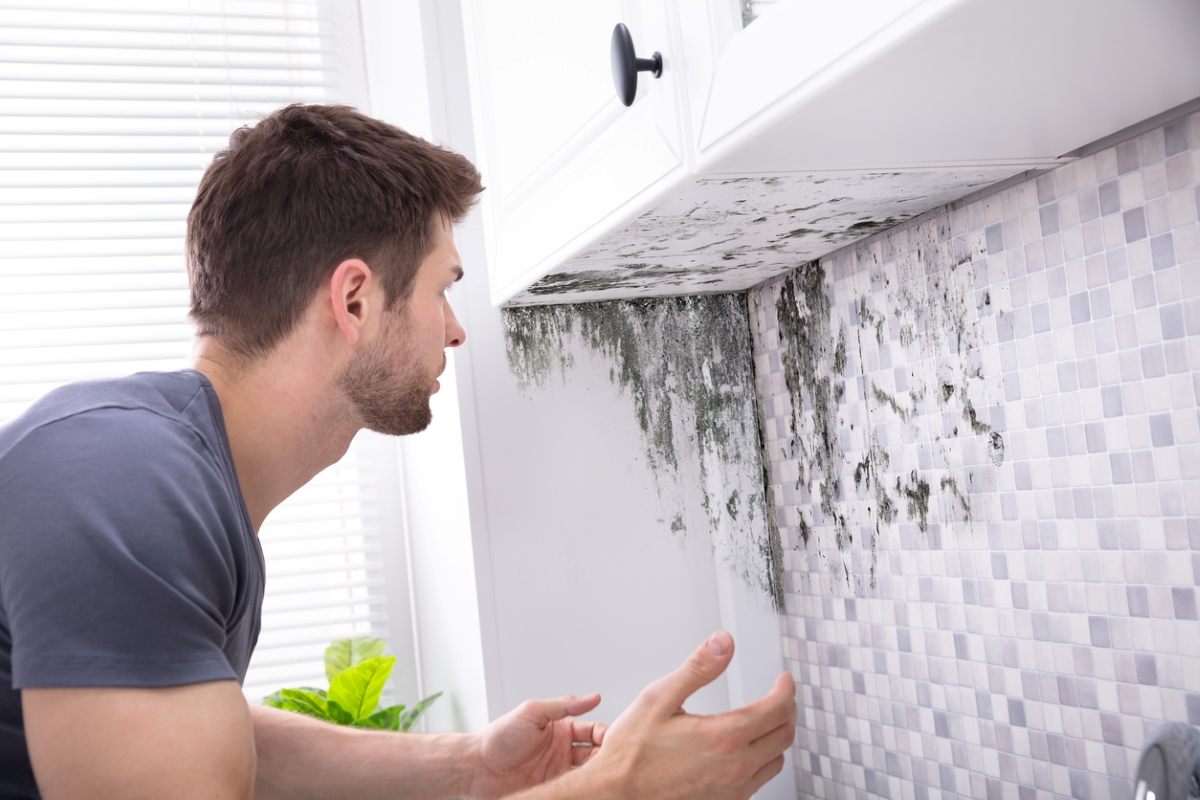
Renters who notice a funky smell or visible mold should call the landlord. Mold can be unhealthy and indicate a more significant issue in the home. This fix falls under the landlord’s responsibility to provide renters with a safe and habitable environment.
RELATED: The 12 Most Common Types of Mold in the Home
DON’T call for general housekeeping needs.
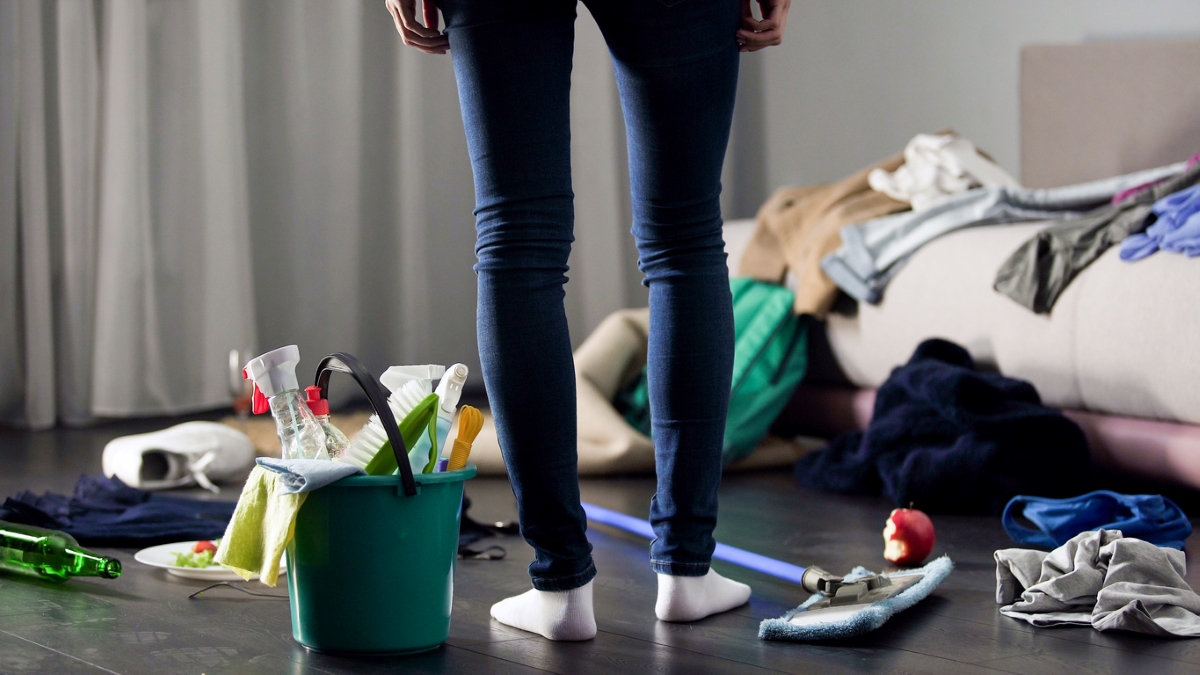
If there’s a stain on the carpet that won’t come out, it’s time to buy cleaning supplies, not call the landlord. General cosmetic fixes and upkeep fall under the responsibility of the renter.
RELATED: 5 Simple Ways to Enhance First-Floor Apartment Safety and Security
DO ask your landlord before making major changes.
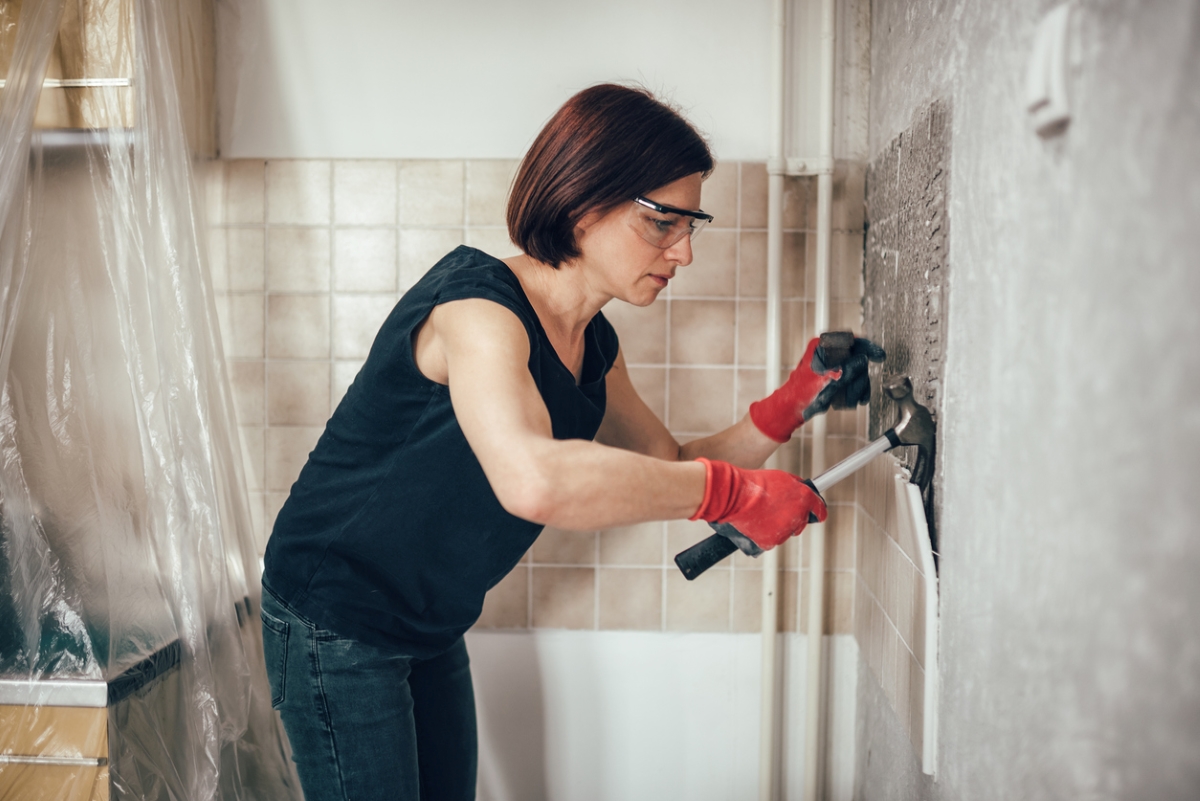
Tenants might want to make decorative changes to the apartment. It’s always important to check the lease and ask the landlord before making updates. They might approve minor and reversible changes, such as painting the walls, but more major changes are often limited in the lease.
RELATED: 10 Incredible Updates That are Totally Reversible
DON’T expect them to make cosmetic changes.
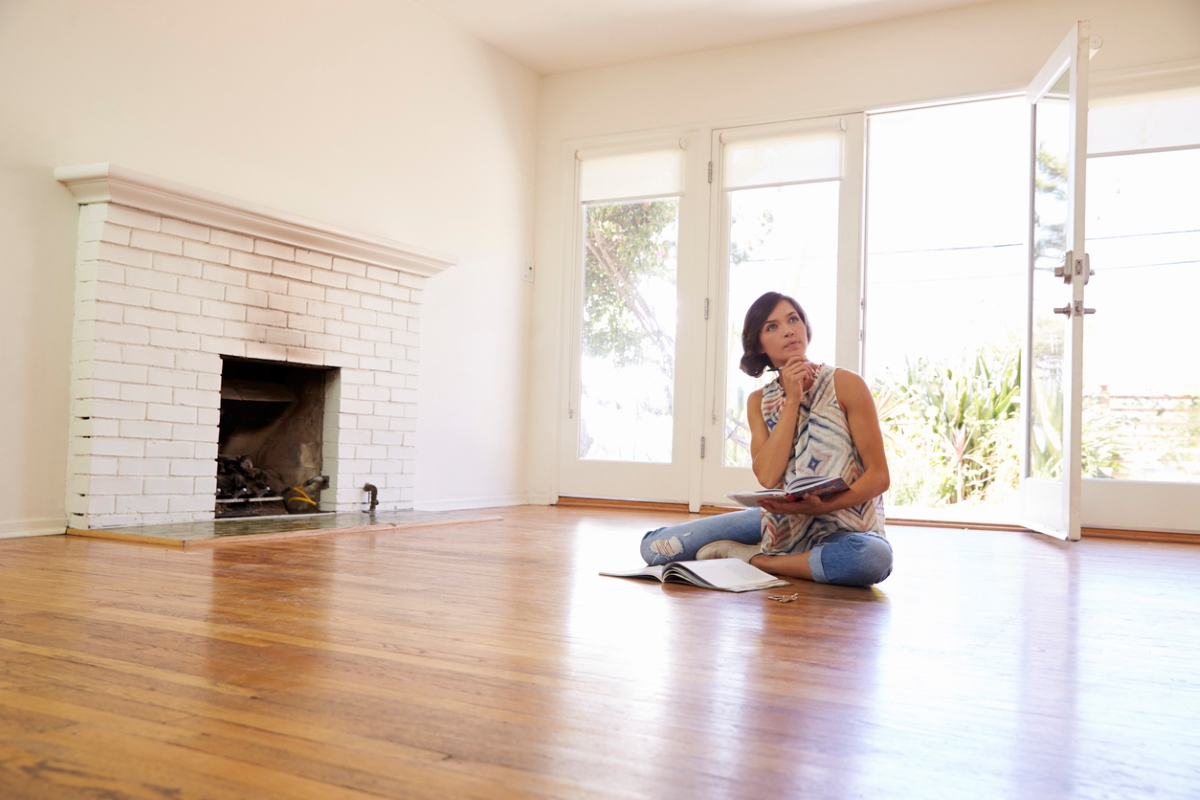
If renters are simply bored with the décor, they’re mostly out of luck. A landlord is there to ensure the space is habitable and safe, but most likely won’t consider cosmetic changes. An exception is if updates like painting or changing the carpet are outlined in the lease.

